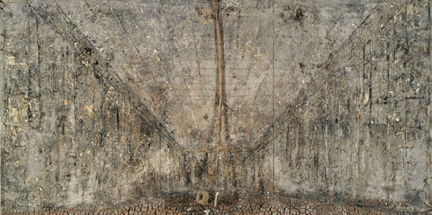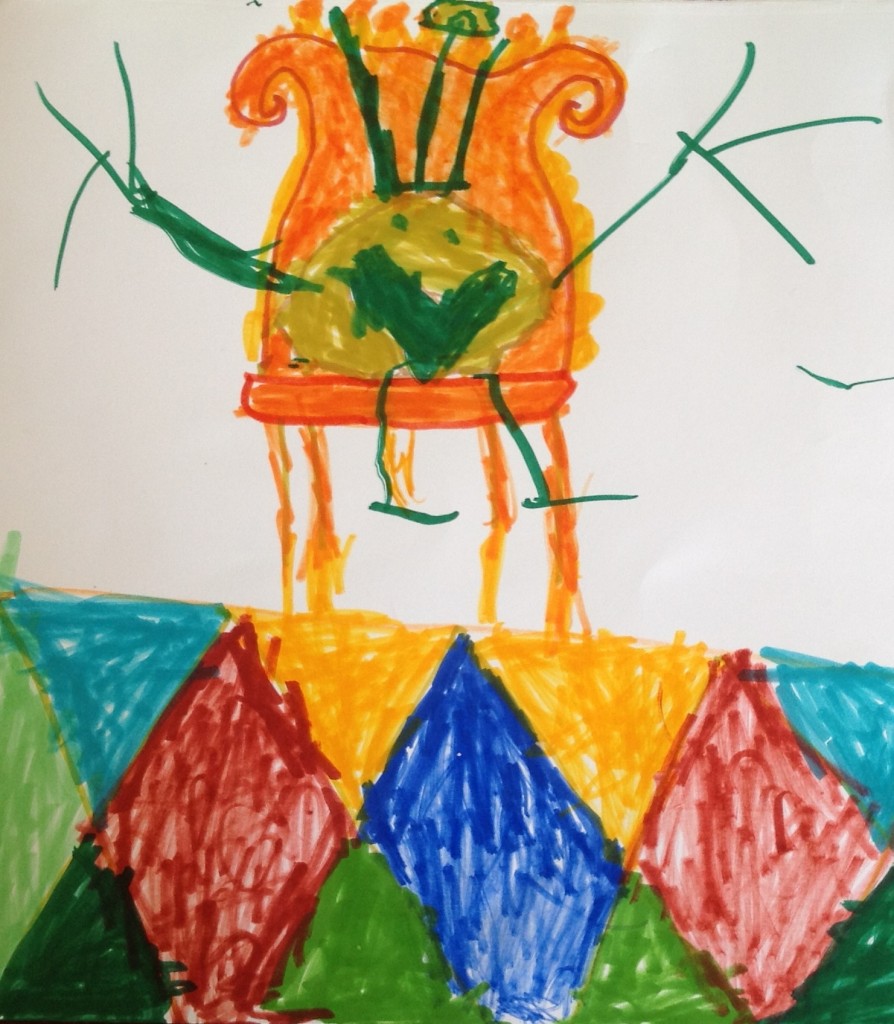Wait out the remaining days of winter with eight recently published books by New England Review contributors.
JANUARY 2024

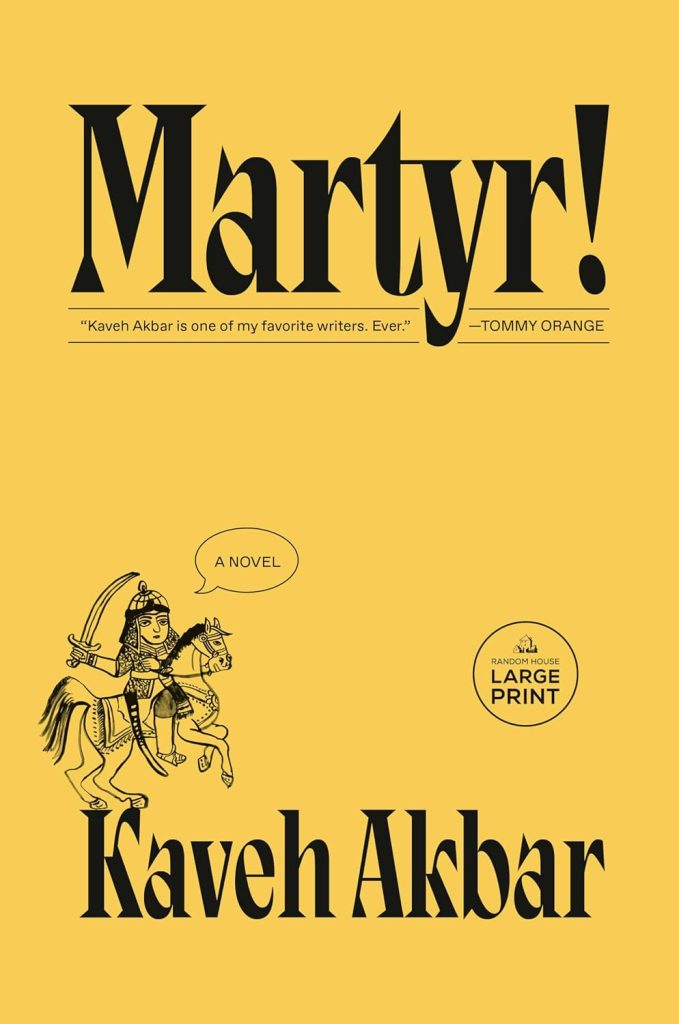
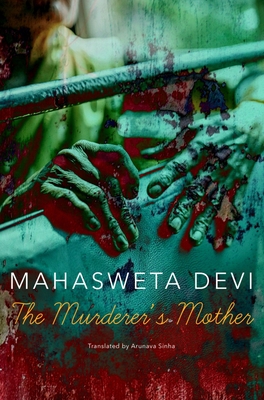
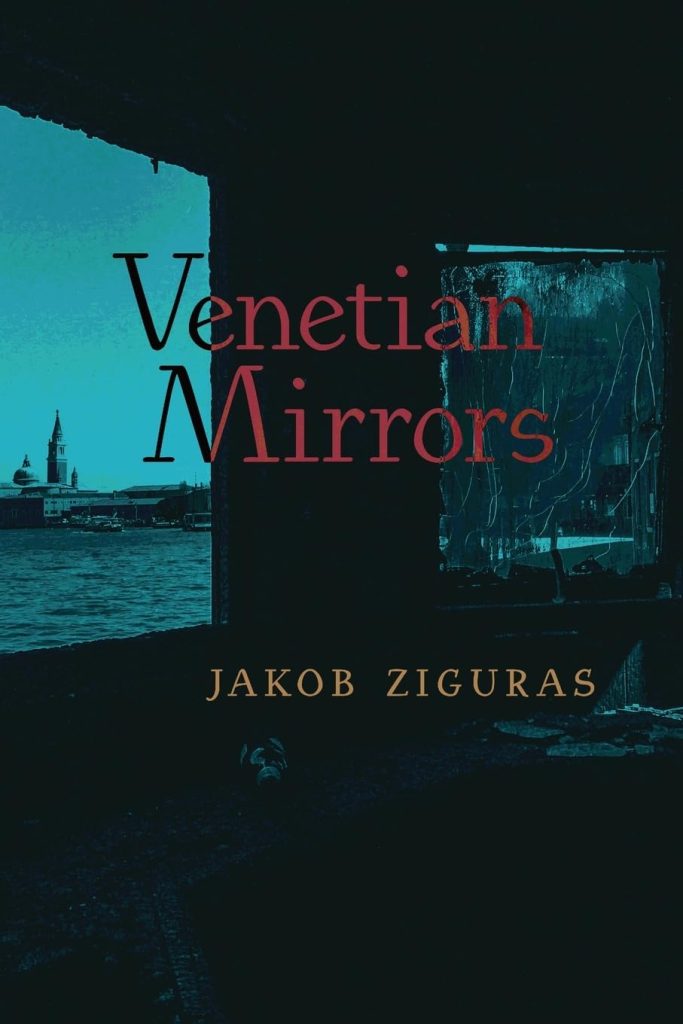
Maria Hummel, Goldenseal (Counterpoint) — published recently in NER 34.1.
“In this taut, tense, and layered novel, Hummel deftly examines the lives of two flawed women against the backdrop of the upheavals of the 20th century.” —Booklist
Kaveh Akbar, Martyr! (Knopf) — published recently in NER 42.2.
“The best novel you’ll ever read about the joy of language, addiction, displacement, martyrdom, belonging, homesickness.” —Lauren Groff, author of Fates and Furies
Mahasweta Devi, The Murderer’s Mother (Seagull Books), translated by Arunava Sinha — translator published in NER 31.3.
“This tale of familial bonds, societal unrest, and power obtained both legitimately and via violence is told tersely, often through rapid-fire dialogue.”
—Words Without Borders
Jakob Ziguras, Venetian Mirrors (Angelico Press) — published in NER 42.3.
“Jakob Ziguras’s poetry is a counterforce to our era of simplism and the tendency in much poetry towards a prosaic, novelistic realism.”
—Luke Fischer, author of A Gamble for my Daughter
FEBRUARY 2024
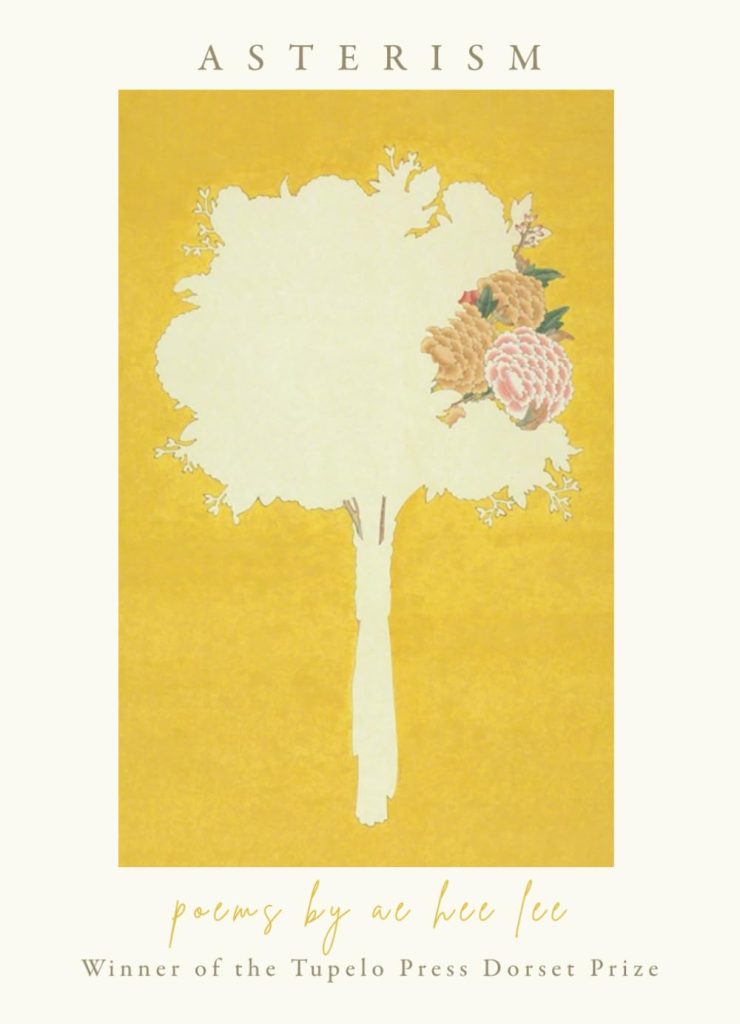
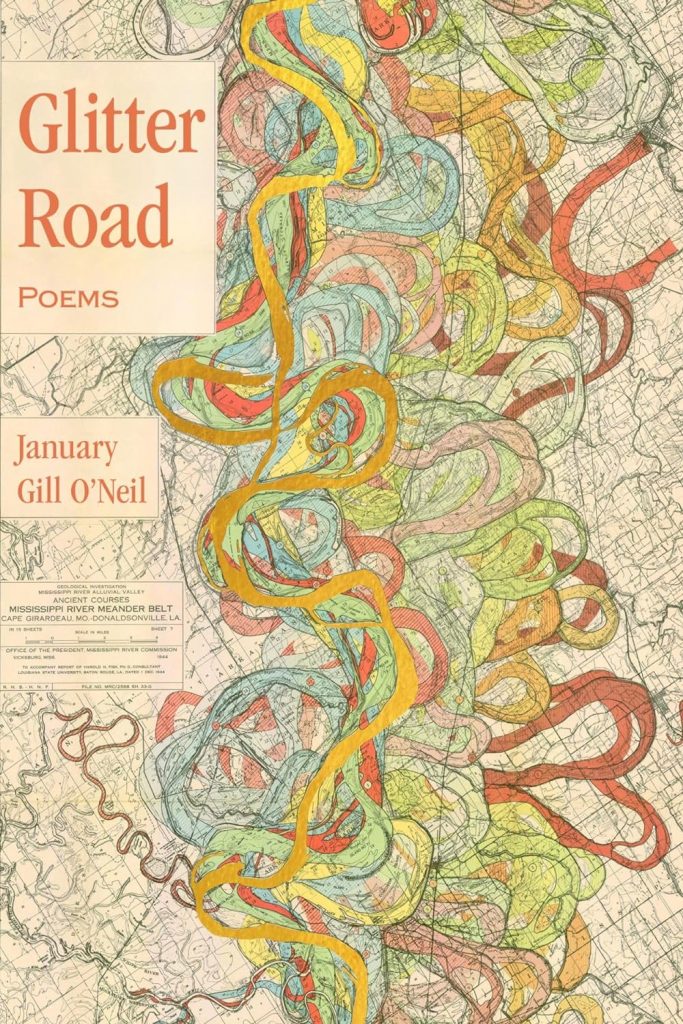
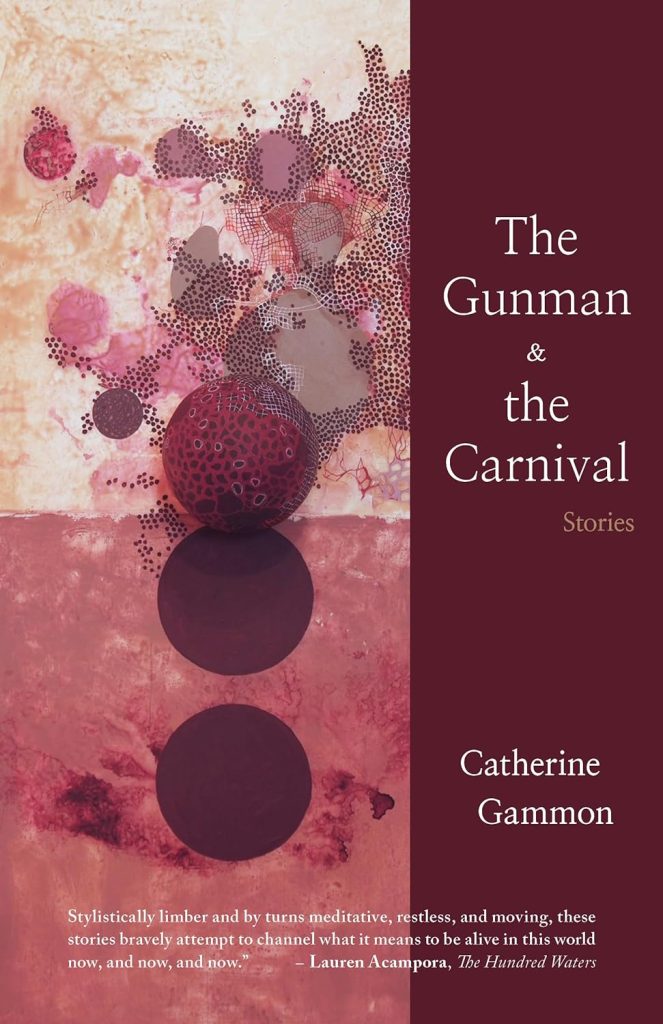
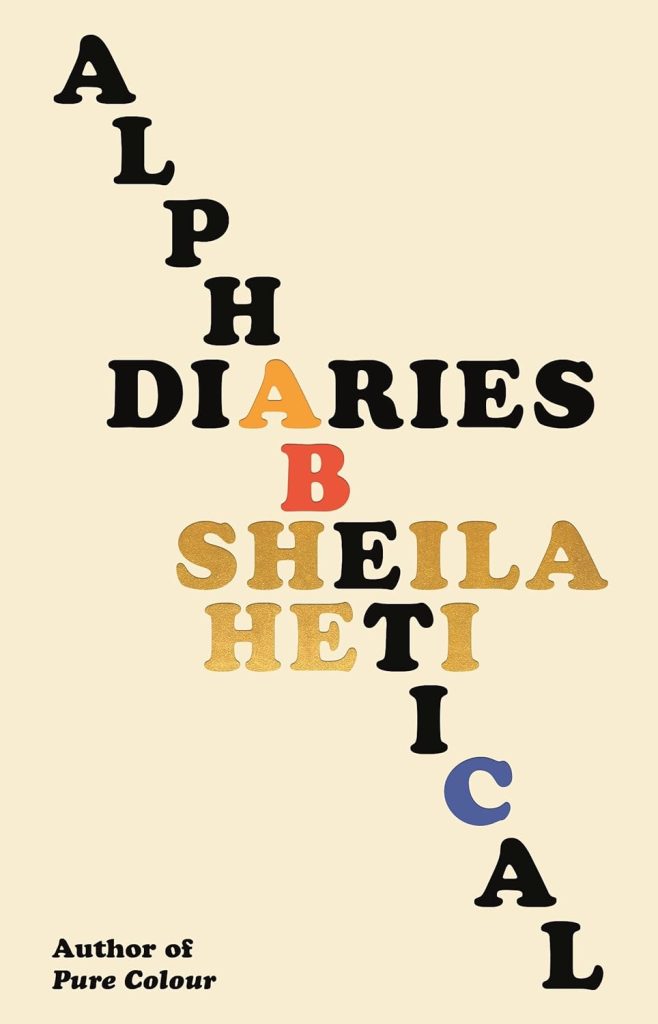
Ae Hee Lee, Asterism (Tupelo Press) — published in NER 41.4.
“A marvelous work, filled with terrific imagery and—perhaps more importantly—mystery, Asterism is a brilliant debut.” —Ilya Kaminsky, author of Deaf Republic
January Gill O’Neil, Glitter Road (CavanKerry Press) — published in NER 35.2.
“The alluring poems in Glitter Road delve into past heartbreaks and the exquisite joy of family and new found love in a constantly changing world.”
—Aimee Nezhukumatathil, author of Oceanic
Catherine Gammon, The Gunman and the Carnival (Baobab Press) — published recently in NER 39.1.
“Gammon sharply observes her characters, loves them for their flaws and their hopes, and moves them through worlds defamiliarized by her punchy, powerful prose.” —Gwen E. Kirby, author of Shit Cassandra Saw
Sheila Heti, Alphabetical Diaries (Farrar, Straus and Giroux) — published in NER 26.4
“[An] arresting literary experiment . . . What the book lacks in traditional narrative structure, Heti supplements with evocative snapshots of life . . .” —Publishers Weekly
